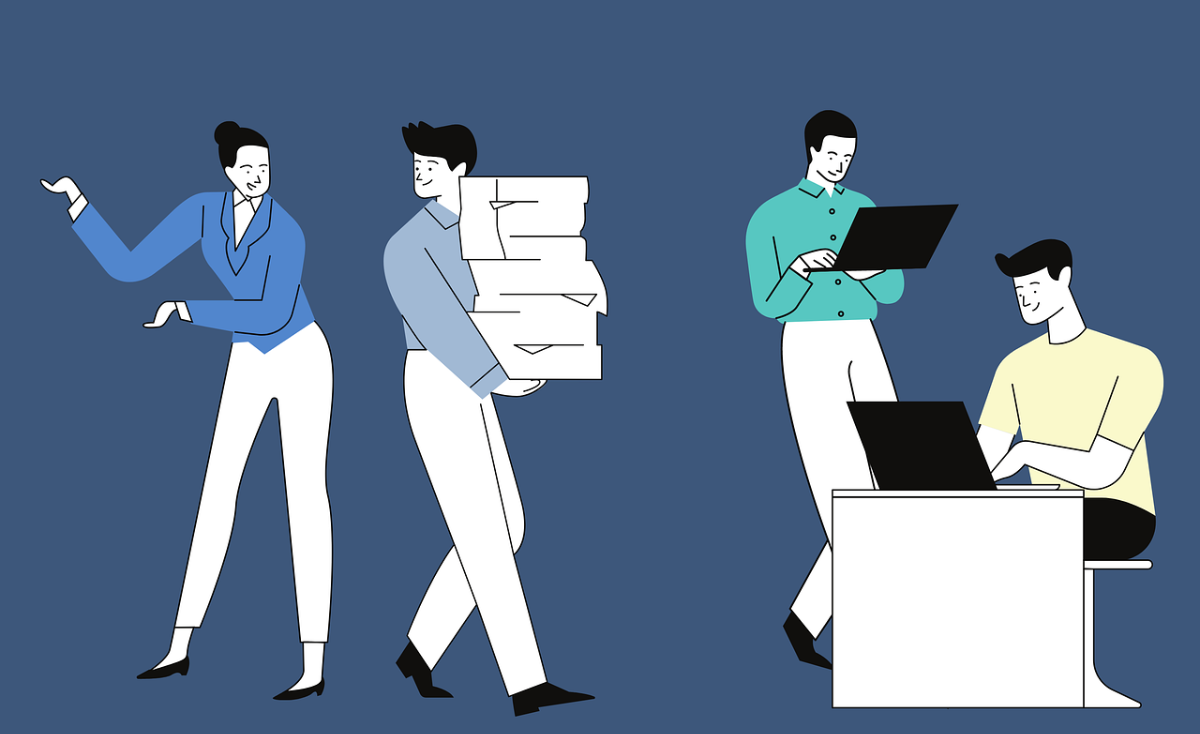COO view: how the pandemic has allowed firms to seek out operational inefficiencies whilst also building resilience
Martha Fee, Chief Operating Officer EMEA & APAC at Northern Trust Asset Management, shares why Covid-19 was a great catalyst to accelerate the firm’s technology agenda
Sara Benwell POSTED ON 2/2/2022 9:41:54 PM

Sara Benwell: The Covid-19 pandemic has shone a light on how inadequate operational infrastructure can have a serious effect on resiliency. Considering this, what are the things you have been looking upon and how has this made you think about talent within your organisation?
Martha Fee: Like many COO’s, I am incredibly proud of our technology and operations professionals who supported our business throughout the pandemic.
The tireless efforts to manage BAU processes during what was an extremely stressed and disruptive environment when we look back at the beginning of the initial lockdown to ensure that both our client and business needs can continue to be met.
Looking back at those early days, we were focusing on whether we had the right kit for our employees, but we evolved into how we could think about tools that our employees had to be more effective in a work from home environment.
Now, we can innovate to consider where and how digitalisation could be adopted to make long-term impact to our business processes.
The capabilities that we have developed and implemented since the initial lockdown, combined with the pace of the roll out of these changes, has really been quite remarkable.
“We are thinking about ways to make sure that our talent and our people feel resilient as much as our technology is.”
For me, Covid-19 has proven to be a great catalyst and enabler to accelerate our technology agenda.
We have been able to seek out operational inefficiencies that perhaps we weren’t forced to do previously, and in many respects, COO’s have had to figure out and manage their business through a sustained period of disruption and dislocation.
None of this was in any business plans or strategic roadmaps that were being created back in 2019, so in many ways, this has been quite a remarkable achievement.
Aside from proving as an industry that we are operationally resilient from a technology perspective, it comes down to looking at the people. It is a marathon not a sprint and the people resiliency, by ensuring that the talent has the tools that they need and feel supported by the business in the delivery of this work.
This is something that we are acutely aware of and thinking about ways to make sure that our talent and our people feel resilient as much as our technology is.
Sara: What are some of the qualities or skill sets that we need to be fostering amongst team members so that we can do more value-added tasks?
Martha: It is fair to say that we could spend much of the discussion debating the often-repeated workplace expression, ‘there is no I in team’.
There are many types of teams in an organisation and what works for one business may be different to the needs of another.
All this being said, when it comes to team members who perform value added tasks, in many ways, it goes beyond work ethic and skill but rather certain characteristics that managers need to be fostering.
For instance, being able to contribute at a higher level and intellectual curiosity, so being curious about the business that one is in, whether it is a new hire or a more tenured employee, encouraging team members to take the time to broaden their perspective and see how things fit together and asking why something works or doesn’t work all leads to actions which lead to working through solutions.
“The “because we have always done it this way response”, typically does not lead to teams spending time on the value-added task.”
Not only is this an opportunity for value add into the business but it is also, for the employee, their levels of engagement and that more meaningful work.
The second thing, think about it as empathy, generosity or a combination of the two. To being inclusive, to offer encouragement, to seeing something from another person’s perspective.
All of this goes a long way in terms of the overall productivity of the team.
Change is a reality, so fostering teams that are comfortable in being change agents, receptive to change as something that is embraced rather than feared.
The “because we have always done it this way response”, typically does not lead to teams spending time on the value-added task.
I do feel that the pandemic has proved this, and that the world around us has changed. It is characteristics that we really need people to be fostering alongside the skills that are critical as part of day-to-day operations.
Please Sign In or Register to leave a Comment.
SUBSCRIBE
Get the recent popular stories straight into your inbox







